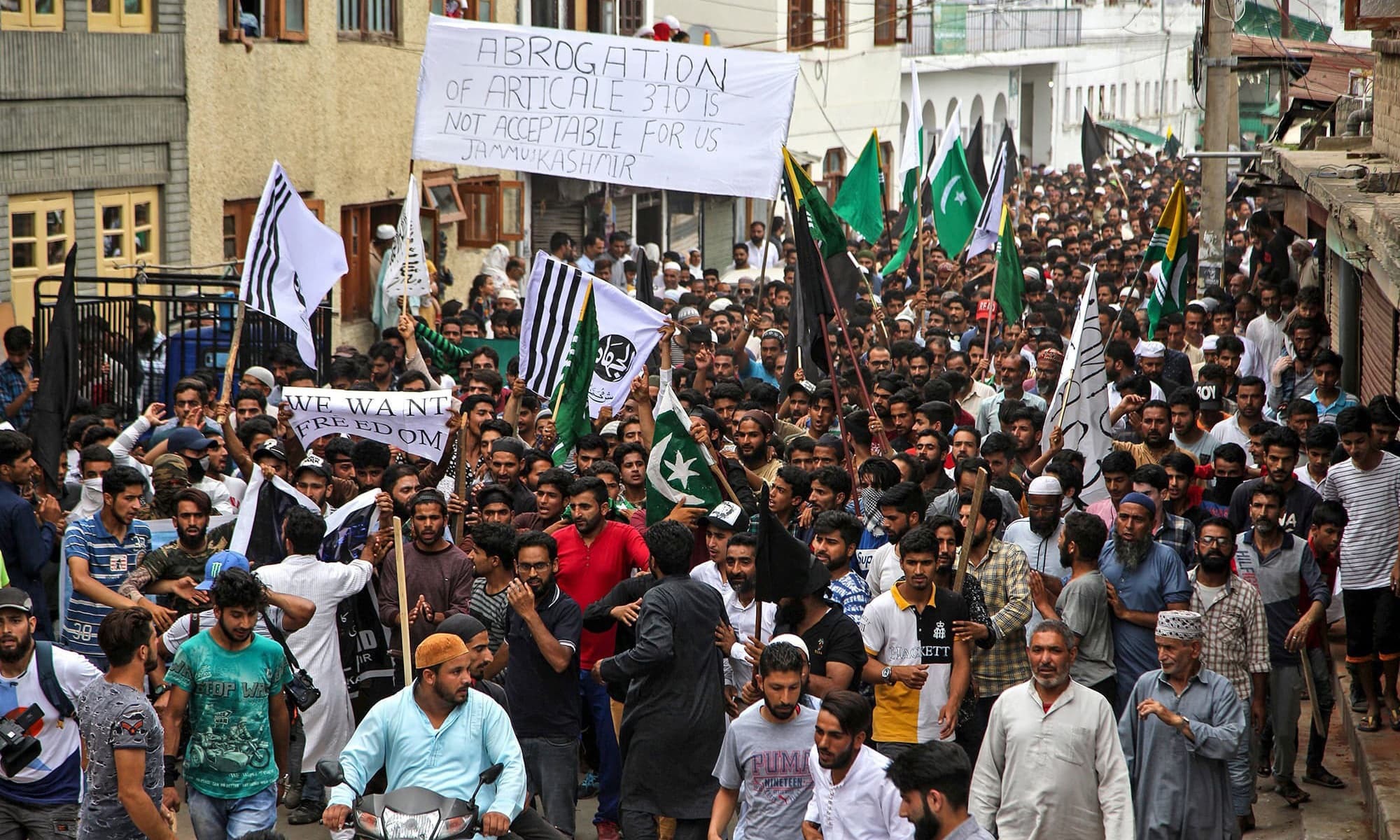In the storied region of Jammu & Kashmir, July 13—once formally observed as Martyrs’ Day—now stands at the heart of a tug‑of‑war between historical memory and governmental narrative. Since 2019’s abrogation of Article 370, the day honoring the 22 protesters killed in 1931 has been removed from the official calendar, an erasure that political parties call a deliberate rewriting of history. The Economic Times+15Outlook India+15Frontline+15
A Painful Legacy
On July 13, 1931, crowds gathered near Srinagar Central Jail during the trial of Abdul Qadeer, who had denounced the Dogra regime’s treatment of Kashmiris. The police opened fire, killing 22 people. Their bodies were buried at the Khawaja Naqshband Sahib shrine, now known as Mazar‑e‑Shuhada—a site that still draws mourners each year. Bytes+5Outlook India+5Wikipedia+5
From State Holiday to Silent Suppression
From independence until 2019, the day held official holiday status in the state, with wreath‑laying, public tributes, and political ceremonies. But following Jammu & Kashmir’s transformation into a Union Territory, July 13 was stripped of its official recognition and public commemorations were curtailed.
Contemporary Contention
This July witnessed renewed political collision: police sealed access to the graveyard, Section 144 was imposed, and some leaders were detained at home to prevent any gatherings. The National Conference and others denounce these actions as overt attempts to “de‑institutionalise” the memory of Kashmir’s struggle. The Indian Express+15Outlook India+15mint+15
Omar Abdullah, Chief Minister and NC leader, described the restrictions as “blatantly undemocratic,” stating that “histories etched in blood don’t vanish.” mint+2Business Standard+2Bytes+2 Meanwhile, NC spokesperson Tanvir Sadiq has vowed to reinstate the official holiday once statehood returns. Frontline+6Kashmir Indepth+6Outlook India+6
The Battle for Historical Narrative
The removal of July 13 from the government’s official calendar is seen many as part of a larger project to neutralize Kashmir’s distinct historical identity—with officials promoting alternative commemorations like Accession Day and Maharaja Hari Singh’s birthday instead. Frontline+12Outlook India+12Kashmir Life+12
Critics argue these moves weaponize holidays and remembrances, reframing insurgents as traitors while disincentivizing public mourning and collective memory.
🗓 Key Takeaways
| Aspect | Details |
|---|---|
| Historical Event | July 13, 1931 massacre of 22 Kashmiri Muslims near Central Jail, Srinagar |
| Graveyard | Bodies interred at Mazar‑e‑Shuhada beneath Khawaja Naqshband Sahib shrine |
| Shift | Officially recognized holiday until 2019; removed post‑abrogation of Article 370 |
| Recent Situation (2025) | Access to graveyard blocked; political figures detained; zero official observance |
| Political Response | National Conference and others demand restoration of holiday; see removal as rewriting history |
In essence, the suppression of July 13’s commemorations has fueled a fierce symbolic struggle—a fight over which facets of Kashmir’s storied past are remembered, and whom.












Leave a Reply